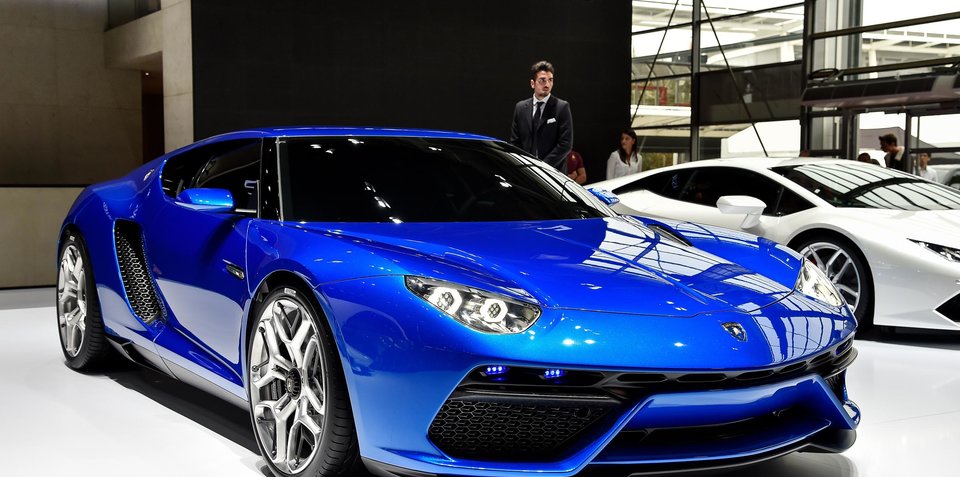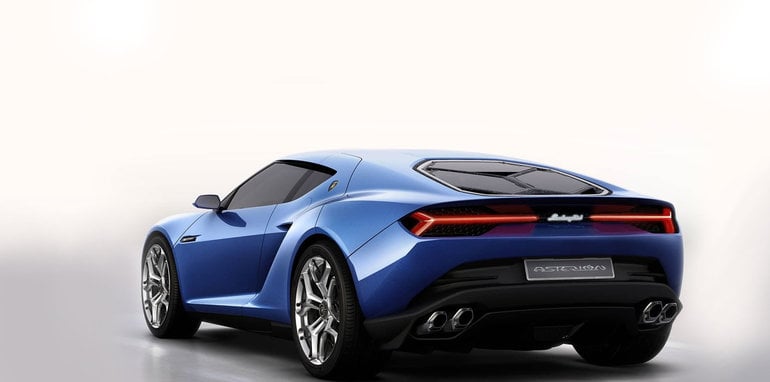Lamborghini says the current technological capacity of electric componentry is not suitable for a supercar that suits the brand’s characteristics.
Speaking to CarAdvice at the launch of the new Lamborghini Huracan Performante, the brand’s research and development boss, Maurizio Reggiani, said the technology for plug-in hybrid electric vehicles (PHEV) still needs to mature and become more affordable before it can be applied to a Lamborghini super sports car.
“If you talk about super sports cars at the moment, the PHEVs, the electric energy, in general, it is difficult to think it is suitable for a super sports car, because that means weight and packaging – otherwise we cannot achieve handling,” Reggiani said.
Furthermore, even if a solution was found with the currently available technology that allowed for a workable compromise between weight, packaging and handling, the cost would be prohibitive for the brand.
“At the moment, the tech that we can have is not there and these two parameters can be solved only in a way to customise for a single car, which means a huge cost for the component,” Reggiani said.
“So we need to take into consideration all these parameters, and say we don’t see anything suitable for a super sports car in the range of price where we need to position our car, where we are.”
Backing up his R&D chief, the brand’s CEO, Stefano Domenicali, said customers want emotion – which comes from the noise of a naturally aspirated engine – before emphasising that the brand will stay with its current engines for as long as possible, and believes the platform still has many years to go.
“With regard to hybridisation in our super sports car segment, I do believe that we still have years that we can stay with the actual structure of the [current] engines, both V10 and V12.
“I do believe that in this moment, it’s pretty clear where the trend is going – but it’s also very clear that it’s one thing the trend is saying, and it’s another the reality of what is happening. So we are more programmatic, we do believe that we match what our customer wants with the tech we can put on the market straight away and we do believe that there is still a lot to show.”
Lamborghini previously showcased a hybrid supercar concept called the Asterion (pictured) in 2014, however, it will introduce its first production vehicle with an electric powertrain with the hybrid Urus SUV, set to launch in 2018.
The SUV will be used primarily as a way of offsetting the brand’s emissions whilst it continues its path with naturally-aspirated engines.


Comments
Post a Comment